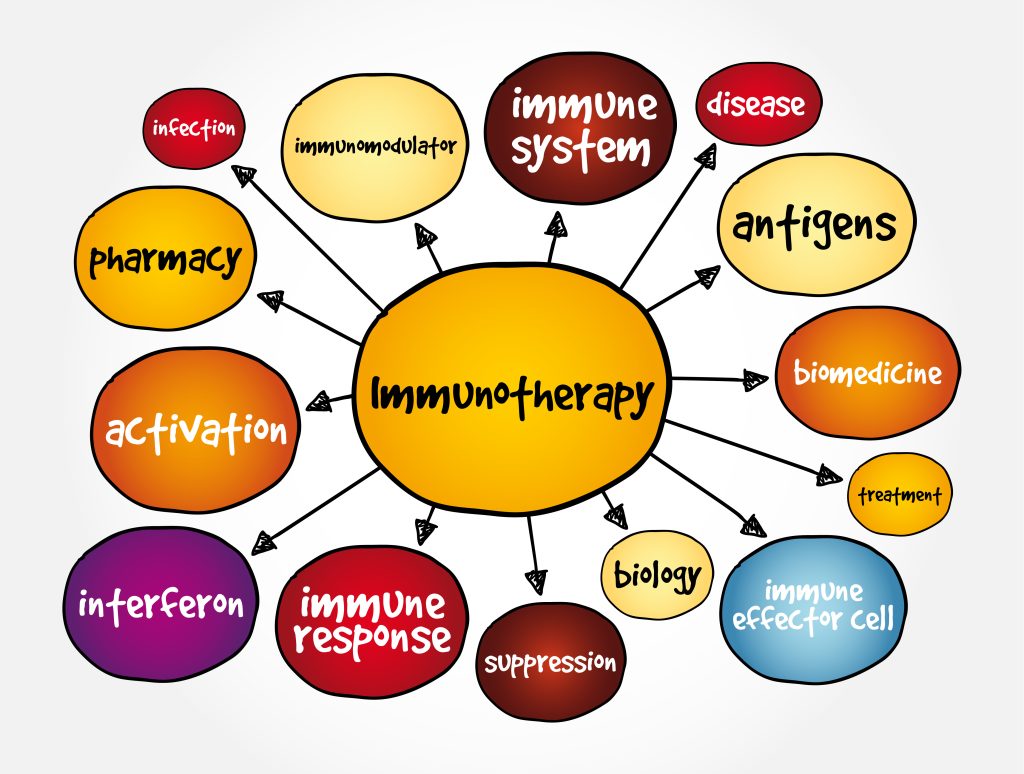
How are you sleeping? When someone asks us this we’re more inclined to think about the hours per night that we sleep, and not “how” we are actually sleeping. Many of us toss and turn in an attempt to get comfortable and shift from our back, to the side and then our front continuing this nocturnal roll. Not only is our body trying to rest and recover while we sleep, but our brain is trying to detox in the night. We do this through the lymphatic system. In case you hadn’t heard, we have a network of lymphatic vessels in the membranes surrounding the brain as well as those that run adjacent to our vascular system in the rest of our body.
In 2015, neuroscientist at the University of Virginia’s school of medicine discovered that the brain is surrounded by lymph. Knowing that this system has a significant role to play in our bodies immune response, we also now know that it is affected by our sleep hygiene or habits.
Taking care of yourself and avoiding situations where you could be exposed to catching a virus are sure ways to stay safe from seasonal illnesses, but what about your sleep? We’ve all heard that 6-8 hours of sleep is good for us but until just a few years ago, we had no idea how much it’s needed. We definitely weren’t aware that how we position ourselves during sleep would affect detoxification and immune boosting potential.
In August of 2015, the Journal of Neuroscience published a research study on the brain’s lymphatic system out of Stony Brook University in New York. The study showed that toxins in our brain, known as beta-amyloid plaque, drain when we’re sleeping and that lateral sleeping took precedence over stomach or back sleeping. Dr Benveniste and his colleagues used MRI’s (magnetic resonance imaging) and stated that; “analysis showed us consistently that glymphatic transport was most effective in lateral position when compared to supine or prone”. The importance of these glymphatic (brain lymph) pathways removing the neurotoxins is that it has the capacity to remove plaque that increases the chances of developing Alzheimer’s, Parkinson’s and other neurological diseases. Many types of dementia are linked to poor sleeping habits and disturbances which can accelerate memory loss. Even in nature, animals are more likely to sleep on their sides and as it turns out, the majority of people, do in fact prefer to sleep on their side. Another important point to note is that the times that we sleep should coincide with the rhythms of nature or Circadian Rhythm’s. Sleeping on your side is shown to help with glymphatic detoxification but going to bed at 1 am and getting up at 10 is not congruent with a healthy sleep hygiene. We should try to go to bed before 10 pm and try to wake with the sunrise in order to align with these detoxification processes as the dark and light are when our bodies get the signals to do the cleaning.
And so, this impressive lymphatic system has quite an investment in our wellbeing. Our bodies have the wisdom to heal us if we just help them out a bit. I’ll bid you a good night, and don’t forget to sleep on the left or the right!

 Fascia
Fascia